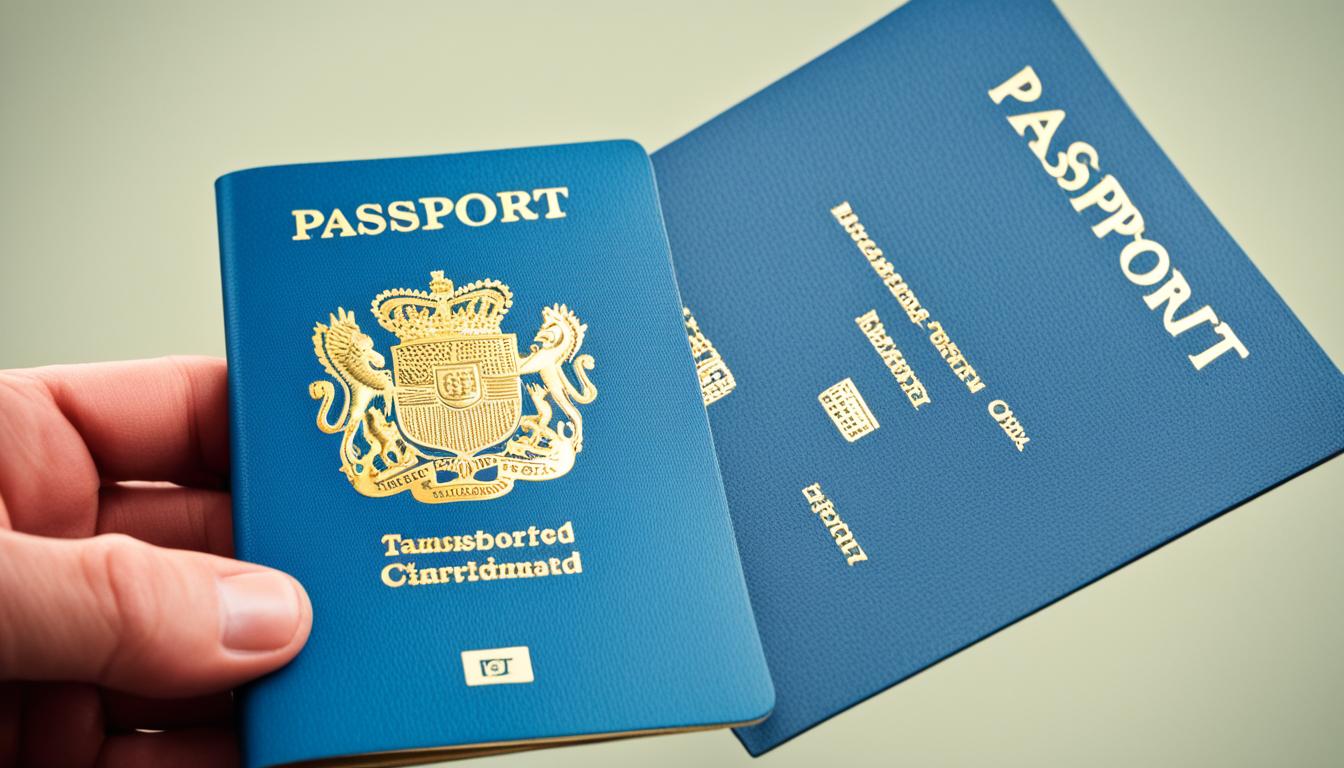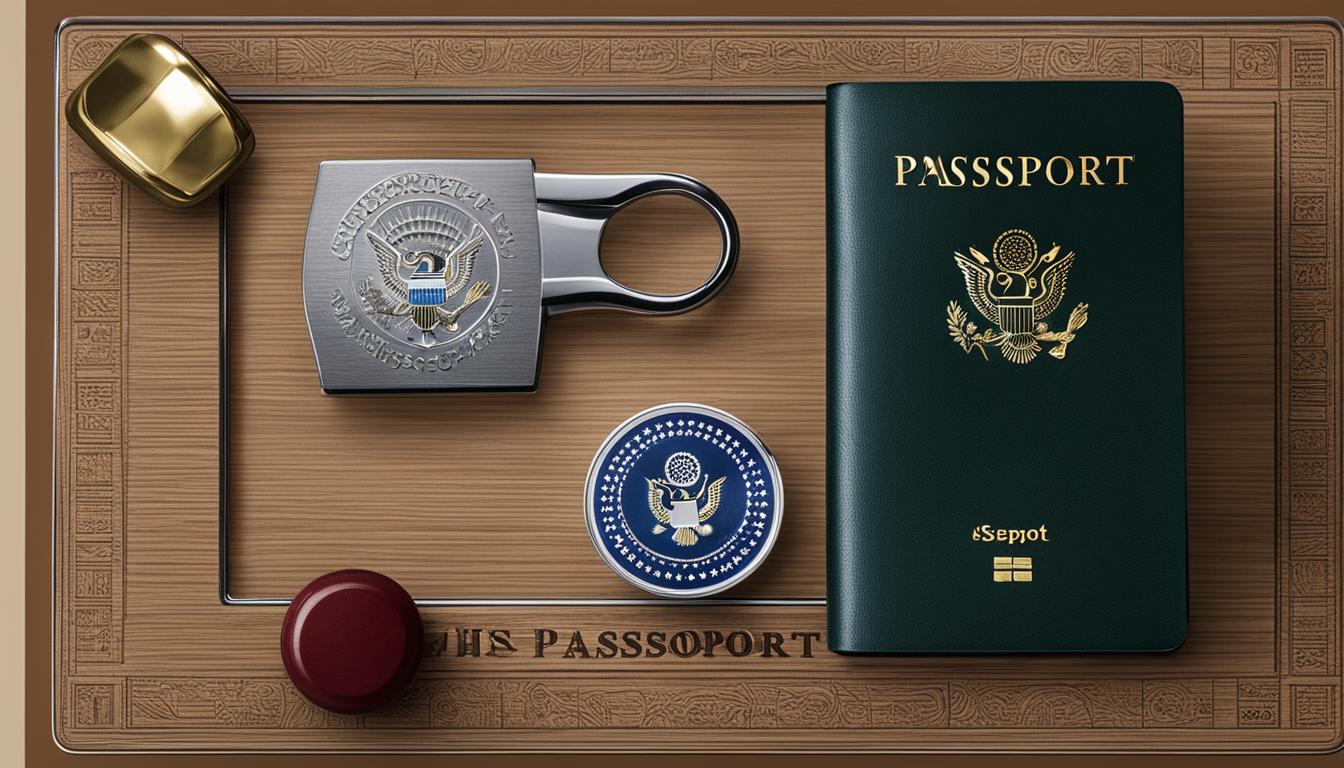
When it comes to travel restrictions and regulations for sex offenders, many questions arise. One common concern is whether a registered sex offender can obtain a passport. Let’s explore the facts surrounding this issue.
According to the U.S. Department of State, a passport can be issued to a registered sex offender under certain conditions. However, there is a unique identifier that indicates their status as a sex offender. This endorsement is printed inside the passport book and states that the bearer was convicted of a sex offense against a minor. It’s important to note that this endorsement is not printed on passport cards, so covered sex offenders cannot be issued passport cards.
The decision to issue a passport with the unique identifier rests with the Angel Watch Center, a division of the U.S. Department of Homeland Security’s Immigrations and Customs Enforcement. Registered sex offenders should contact the Angel Watch Center for any inquiries regarding the identifier on their passport or previous notifications to foreign countries about their international travel.
However, it’s crucial to understand that the International Megan’s Law allows for the revocation of passports previously issued to sex offenders without the identifier. This measure aims to ensure the safety of children and prevent child exploitation and trafficking.
If you or someone you know is a registered sex offender and is considering obtaining a passport, it’s essential to be aware of the limitations and restrictions that may apply. In the following sections, we will delve deeper into the process of obtaining a passport as a sex offender and the travel restrictions and reporting requirements that come with it.
Obtaining a Passport as a Sex Offender
In most cases, registered sex offenders can obtain a U.S. passport or passport card without any restrictions. This includes sex offenders who are currently required to register on a sex offender registry. However, there are exceptions for sex offenders who have been convicted of child sex crimes.
These individuals will have a unique identifier placed on their passport indicating their status as a sex offender. The identifier is a result of the International Megan’s Law and was implemented to address the issue of child exploitation and trafficking.
Sex offenders convicted of child sex crimes will have their normal passports revoked and replaced with a new passport containing the identifier.
It is important to note that having the identifier on a passport may lead to potential entry restrictions imposed by certain countries. Additionally, sex offenders who have committed sex tourism crimes or sex trafficking crimes may be barred from obtaining a passport for international travel.
Travel Restrictions and Reporting Requirements
Registered sex offenders with current sex offender registry requirements face specific limitations and reporting obligations when it comes to international travel. These individuals must inform law enforcement of their intention to leave the country. Proposed regulations from the Department of Justice recommend providing notice at least 21 days prior to departure and include comprehensive details about the travel itinerary, purpose of the trip, airline and flight information, dates and locations of departure and arrival, as well as contact information while abroad.
Failing to comply with these reporting requirements is considered a federal offense and can result in imprisonment. It is crucial for sex offenders to thoroughly understand and adhere to these obligations to avoid severe legal consequences. Additionally, it is important to acknowledge that each country exercises its own discretion in admitting sex offenders into their borders. This discretion means that entry denial may occur based on an individual’s criminal history.
Therefore, it is vital for registered sex offenders to comply with reporting requirements and familiarize themselves with potential travel restrictions to ensure a smooth and legal experience with international travel.






